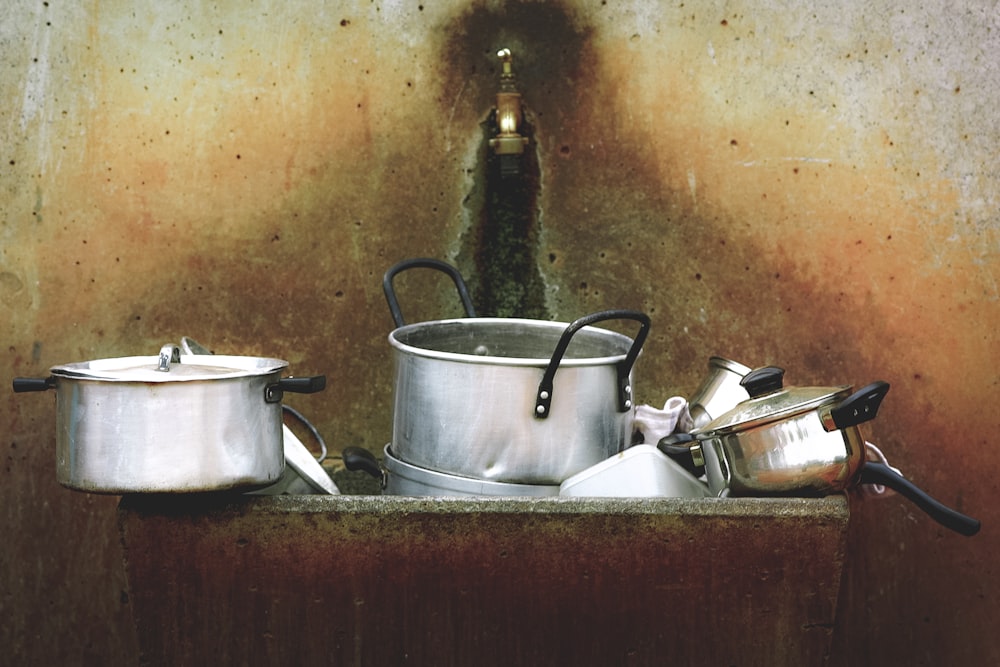Behind the fans, the makeup and the courteous demeanour, envious sisters plot eternal revenge.
The stage that gives the Emerald Circle Theatre its name reverberates with the sounds of actors taking their spots behind the curtain. Musicians shuffle and cough in the orchestra pit, chocolate wrappers rustles audible only to keen ears. Theirs are shadowy figures for now, their moment in the spotlight yet to be revealed.
The Misses Forrest-Manne, poured into blood-red silk dresses slashed from calf to thigh, stride through the aisles towards their seats. Front row seats to catch every second of the performance. As great-granddaughters of the first theatre owner they occupy a special place in the theatre’s history as writers of the new play, but owners of the theatre no longer.
The sisters’ entrance raises eyebrows: they are never seen in colours other than the trademark emerald green of the theatre. Each woman wears identical ruby earrings, blood-red stones dripping down their necks. As required by contract, they openly display the impeccably designed chocolate as they take their seats, fixed smiles hiding the hatred and poison within. They slowly peel their chocolate open, snapping off a creamy square to reveal the green innards, softened by the heat of the theatre; it resembles nothing so much as mould found in a lab petri dish.
Total contrast with the women: beautiful, impeccably dressed, a visual and sensual delight for the senses, yet hidden behind their emerald eyes is a fury unparalleled, a cold green rage waiting for a perfect moment of revenge, a poison borne of betrayal. As they share a glance, the audience quietens at the sudden appearance of the figure in front of the closed curtain.
He speaks of ‘collaboration between the finest theatre and the finest shop in the city’, a ‘new era in the arts’, and jokes that F&M no longer refers only to the founding family of the theatre, but also to the indulgent chocolate now selling in the foyer. He hopes the audience enjoys their complementary bar, free for tonight only as his special gift. The audience loves him, but the sisters’ teeth grind behind their fixed smiles.
He believes himself innocent of crime - he is a great business man, a consummate deal-broker - but his delusions mask his cruelty. The lies and blackmail, his theatrical temper tantrums (oh, the irony of it now he’s on a stage!), poison poured into the ears of the banks, all legitimate weapons in the modern businessman’s arsenal.
He encourages the audience to join him in tasting the new chocolate. The theatre’s shareholders are amongst the first eager poison-tasters up in their boxes, the man on the stage leading by example, and the rest of the audience right up to the gods follows in their gluttony.
It
only takes seven minutes, as per careful calculation; the first deaths occur
precisely as the curtain opens. The Misses Forest-Manne drink their champagne,
using it as a chaser for the antidote swallowed with their chocolate, and
observe the play with critical eyes.




